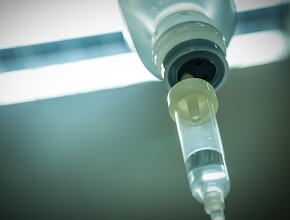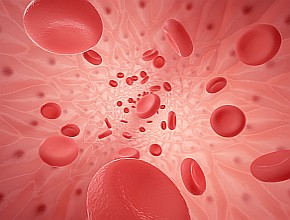Full article
A PDF of the full version of the article, published in Polish Archives of Internal Medicine, can be accessed free of charge here.
Abstract
The European League Against Rheumatism (EULAR) with the European Renal Association – European Dialysis and Transplant Association recently published an update of 2009 EULAR recommendations with a focus on the management of antineutrophil cytoplasmic antibody (ANCA)-associated vasculitides (AAV). In this article, we discuss the following key messages for clinical practice derived from these recommendations:
- Biopsy should be performed if possible to confirm new diagnosis or relapse.
- Glucocorticoid therapy is an extremely important adjunct to the management of AAV, but it is also responsible for the majority of adverse effects; the dose should be tapered to 7.5 to 10 mg/day at 3 to 5 months.
- Cyclophosphamide or rituximab are the mainstay of remission induction.
- Patients with major relapse should be treated like those with new disease, but rituximab is the preferred option in those patients who relapse after prior cyclophosphamide.
- Minor relapse should not be treated with glucocorticoid alone, and a change in immunosuppressive regimen should be considered.
- Rituximab can be used not only for remission induction but also for maintenance.
- Maintenance therapy should continue for at least 2 years, after which gradual taper could be considered.
- While ANCA are extremely useful for diagnosis and rising ANCA levels seem to be associated with relapse, serial monitoring should not guide treatment decisions.
- Monitoring of AAV patients should be holistic with a structured assessment tool and monitoring for effects related to the vasculitis as well as treatment.
- Management should be either at or in conjunction with an expert center.
- Patients should be involved in decision making and have access to educational resources.
 English
English
 Español
Español
 українська
українська







